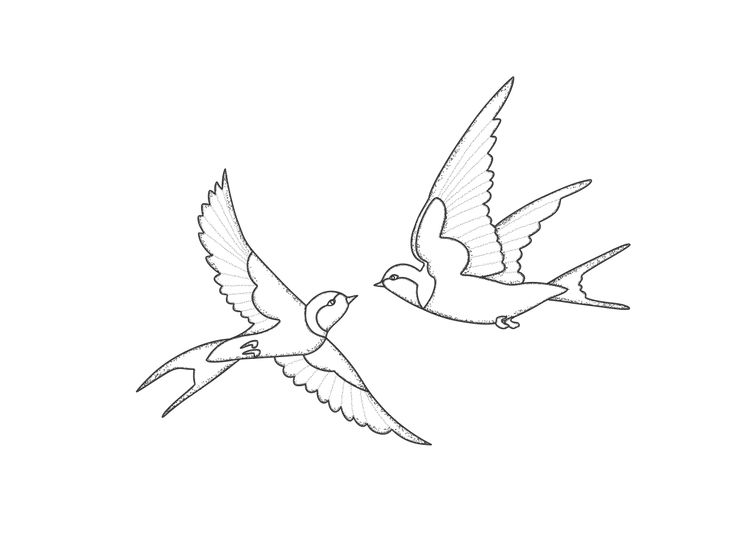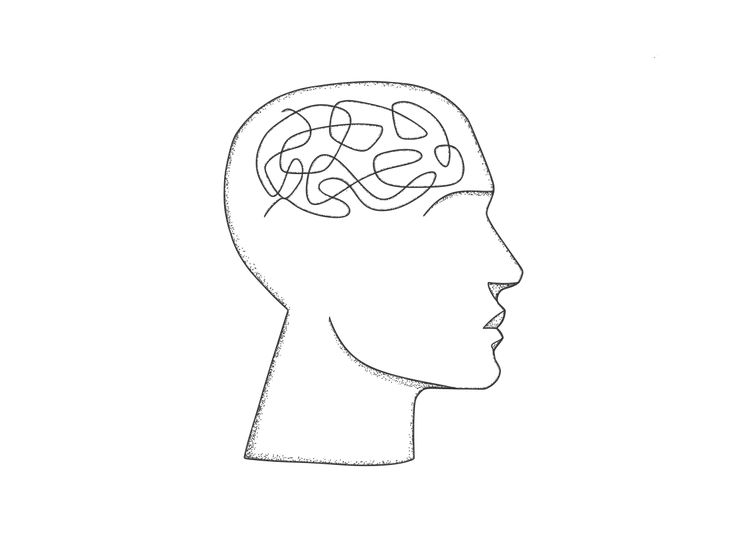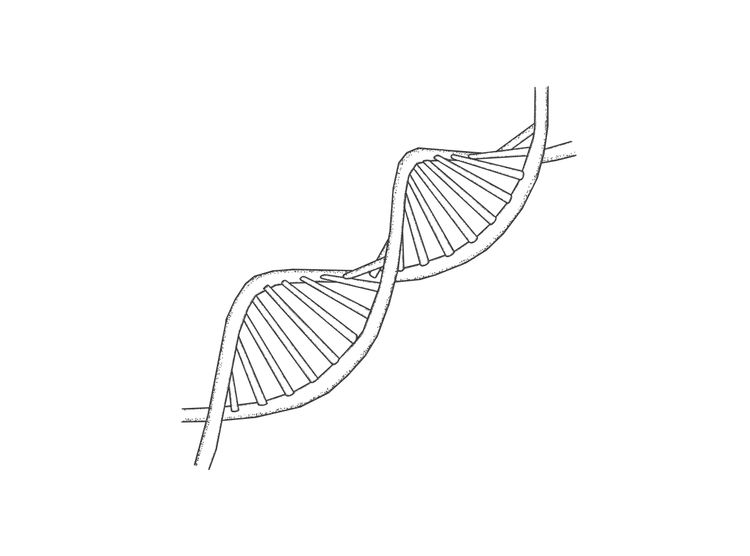Understanding

How well can we understand another person—their point of view, their frame of mind, how they experience and see the world? How well can someone else understand the world inside us—our longings, our path, the secret parts of us we hide, even from ourselves? What brings us together when we do not understand even our most intimate companions? What connects us in love?
We find connection in the heart. It has no urge or need to understand our provenance, which is a story as old and large as the universe itself. It does not seek to know why we are the way we are, or act the way we do. The heart wants to understand what we feel and how we feel it. It wants to connect with us across the void and feel our joy and sorrow too.
The loving heart assumes nothing of our history, our habits, our patterns of behavior. In its innocence, it welcomes whatever might be present now, without judgment or agenda. It feels the life and change in us and asks what might be ready to reveal itself.
To practice the understanding of the heart is to know that we are not puzzles to be solved, or questions to be answered. We are phenomena to be witnessed, natural and whole. We are mysteries, uniquely worthy of our deepest respect. We suffer. In heartfelt understanding of our suffering we find love.
I think I am beginning to learn that, when it comes to relationships, why is often not a useful question to ask. It seems to have the power to summon old stories, old ways of being, old behaviors that hold us back and limit growth. It can sometimes sound like there is judgment in the question why—a demand to justify one's actions or one's feelings. When we explain ourselves, we often do just that, telling stories that put us in the right and others in the wrong. It does not seem to go anywhere much, except round in overly-familiar circles.
"We like people who are understanding", writes Eva-Maria Düringer in Psyche. "They’re the people we want to be around, if anyone, when we feel low, sorry for ourselves, or bad because we’ve messed up." But how do we get better at it?
Being understanding is only loosely connected to actually understanding what’s going on in another person’s mind. Think of a psychiatrist who is brilliant at her job of getting into the minds of others, but maintains a cold and distant attitude. We’d say she’s very good at ‘understanding others’, but not necessarily good at ‘being understanding’. Now think of a helpline worker. He is gentle, nonjudgmental, ready to listen to someone else’s troubles, but may not (yet) understand them well at all. Yet we’d call him understanding. So being understanding must be something over and above grasping the mental happenings of another person. What is it?
Being understanding is a virtue, she says—a moral virtue that involves how we approach others, how empathetic we are, how well we listen, how present we are to them, how willing we are to "lay ourselves open to their hurt".
The object of attention in the case of being understanding is usually a person and their difficulties. A person and their difficulties are something alien to me. This does not mean that I might not relate to their trouble or have lived through something similar, but it means that their outlook on the world, their emotional biography and ways of thinking about things are something that, even with the utmost familiarity and good will, I will never entirely comprehend, not even close. There will always be parts of a person I don’t understand. And this is something of which we should remind ourselves, whether the person before us is in trouble or not: we must always approach others with an honest, humble acknowledgement of how hard it is to gain even a little knowledge about them.
Paradoxically, this can be particularly difficult to do with people we are close to, and (think we) know well.
Lifelong friends and siblings are good examples: they have overlapping biographies and similar traits, and know all about each other’s preferences and tastes. And yet they cannot know the other’s felt experiences from the inside. Simple as this insight is, we need to keep reminding ourselves of it.
What gets in the way of shared understanding? One obstacle is that we each construct our own reality from the things we choose to pay attention to, often seeking out evidence to support our prior beliefs (a psychological tendency called confirmation bias).
Every one of us has a unique lens through which we view, evaluate and respond to the world outside us. Dick Price, co-founder of the Esalen Institute and mid-century pioneer of Gestalt Practice (a wonderful co-mingling of Gestalt Therapy and Zen Buddhism) called the process by which we acquire this lens "Message Program Filter".
Caregivers and other authority figures give us particular kinds of messages in childhood about how to think, feel and behave. We assimilate these messages and turn them into programs of behavior. As we grow older, these programs become more generalized ways of seeing and responding to the world. They become filters. Everyone's filter is as unique as their formative childhood experiences.
Each week I explore a life metaphor that has touched me in my coaching. Subscribe to get my scribblings every Sunday morning. You can also follow me on Medium, or on LinkedIn. Feel free to forward this to a friend, colleague, or loved one, or anyone you think might benefit from reading it.





